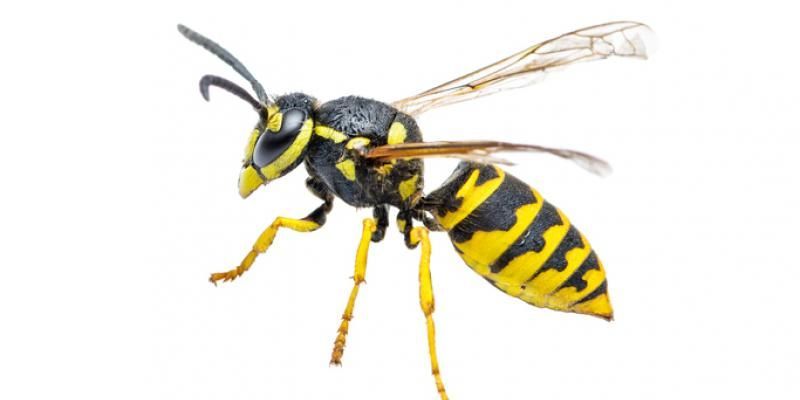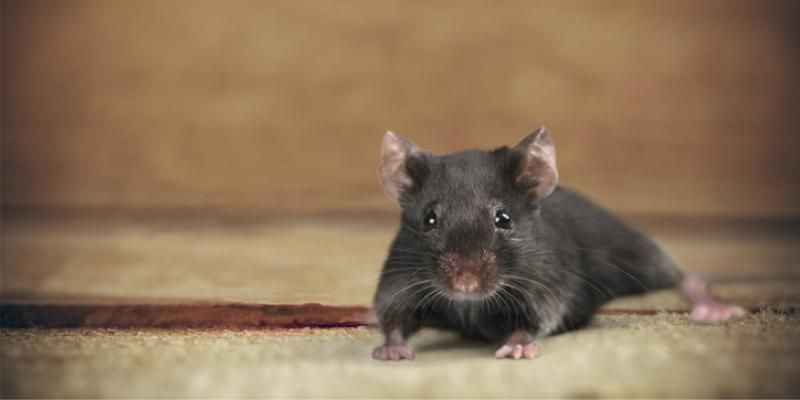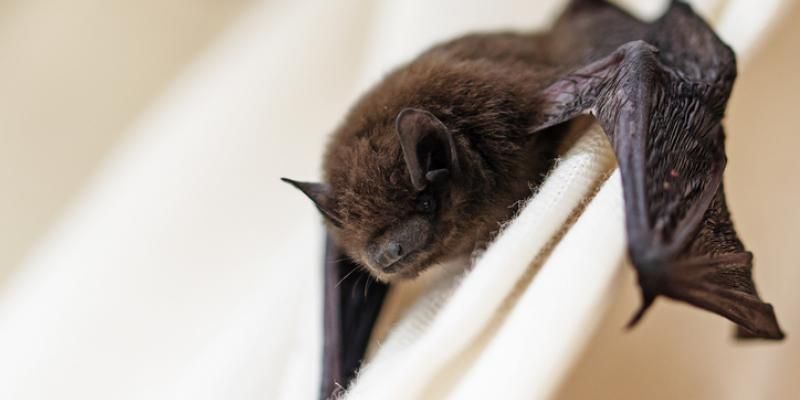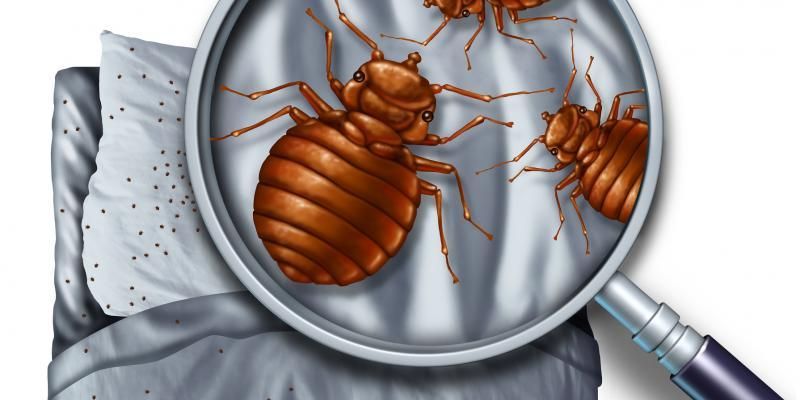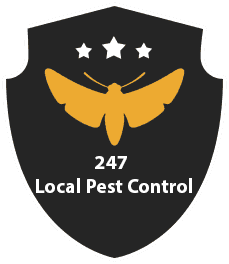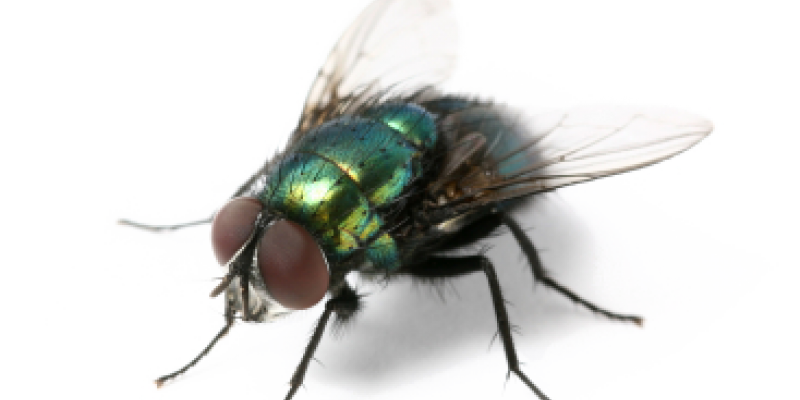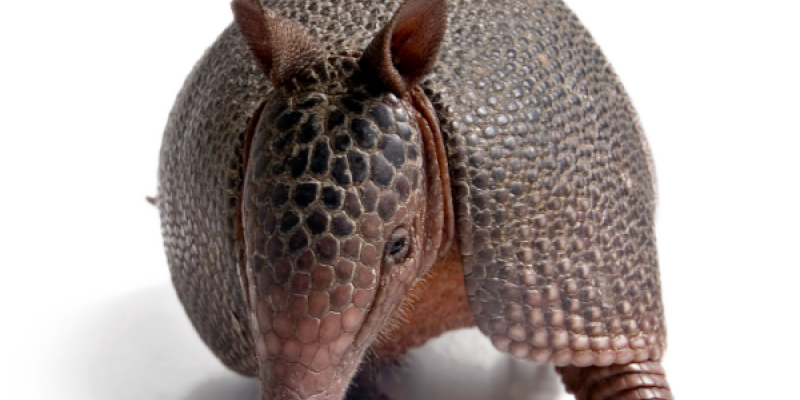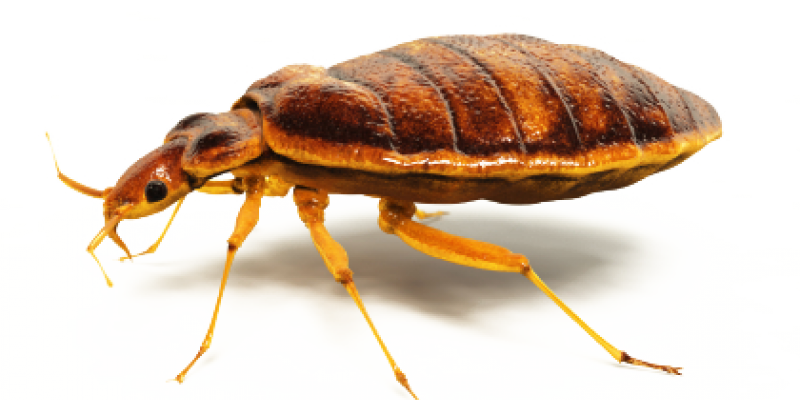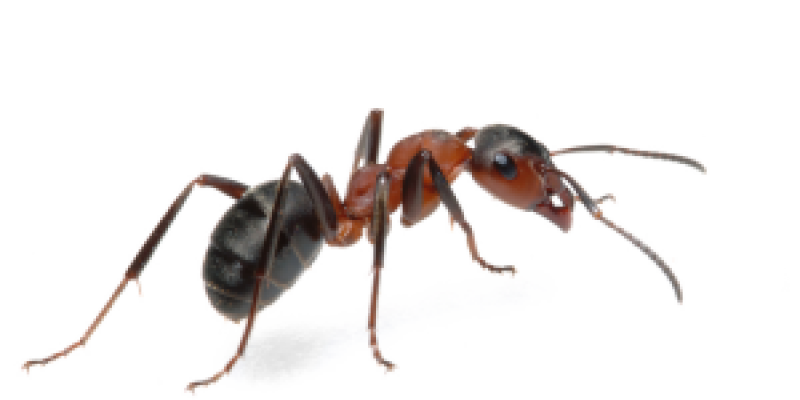Understanding The Tick Life Cycle
Understanding a tick's life cycle and where it lay its eggs will help you prevent a tick infestation in your yard. Did you know that a female tick can produce up to a few thousand eggs at once? Ticks spread several illnesses like Lyme disease and Rocky Mountain spotted fever in addition to being a nuisance.
The tick goes through four separate stages if its life cycle: eggs, larva, nymph and adult. Each of these stages can easily be recognized by its special appearance.
The Life Cycle of a Tick
Stage 1: Eggs
After feeding through some of the winter months and spring, adult females will lay their eggs in protected areas of grass. They can lay over a thousand eggs in their lifetime, and the eggs will normally hatch by summer.
Stage 2: Larvae
Once hatched, the larvae begin searching for a host to feed on. They wait on the tops of leaves and tall grass where pet and human activity are normally high.
Stage 3: Nymph
Once the larvae have eaten, they will drop off the host and transform into an eight-legged nymph. The process will then repeat itself where they look for a host. The nymph may also transmit disease.
Stage 4: Adult
Adult ticks will then go for a third quest, looking for a larger host. Successful adult ticks reproduce during the fall, and the female tick will survive through winter to lay more eggs in the spring. This entire process can take up to three years.
What Does a Tick Nest Look Like?
Unlike other social insects such as ants and bees, ticks do not form a communal colony like a hive or nest. Ticks are more likely to crawl into the burrow or hole of a potential host and lay their eggs there, creating a small, lone “nest.” This provides immediate access to a potential host to which the larvae can latch to and feed upon. Ticks may also opt to lay eggs in leaf litter or grassy areas and, in general, any location that is soft and warm.
What Do Tick Eggs Look Like?
Since a female tick is capable of laying thousands of eggs at once, these eggs are often easier to spot than the ticks themselves. They appear brownish-red in color and are translucent. A brood of eggs may look like miniature caviar. The eggs are not yet infectious and can be dealt with by simply coating with salt to dry out the eggs.
Don’t Be Ticked Off This Season
To add an extra layer of defence against your outdoor space, contact your local 24/7 Local Pest Control today to enjoy a bite-free yard! We have special services that add against ticks and other pests, so let us help you protect yourself and your family throughout the year.

